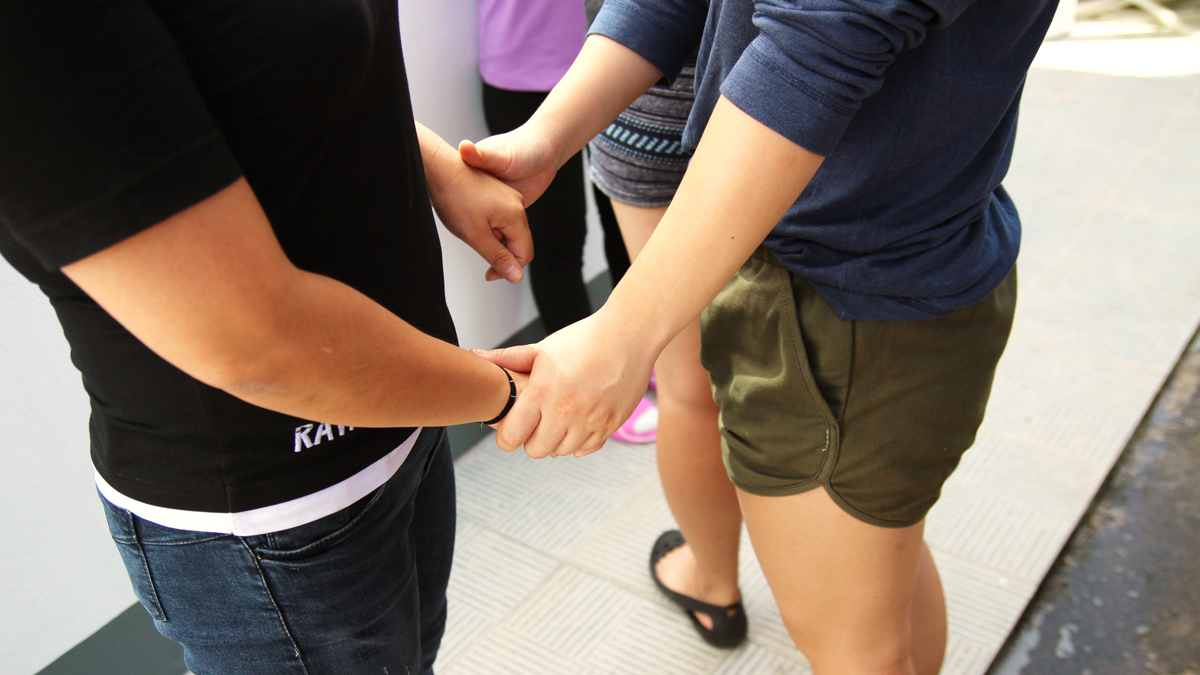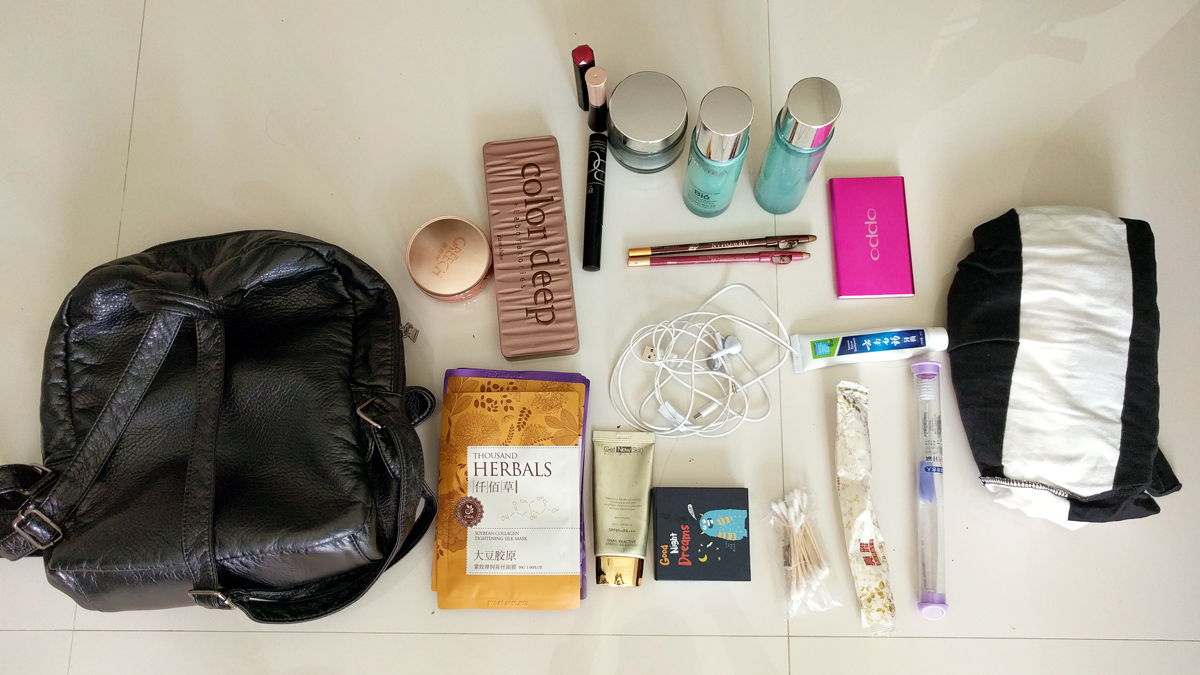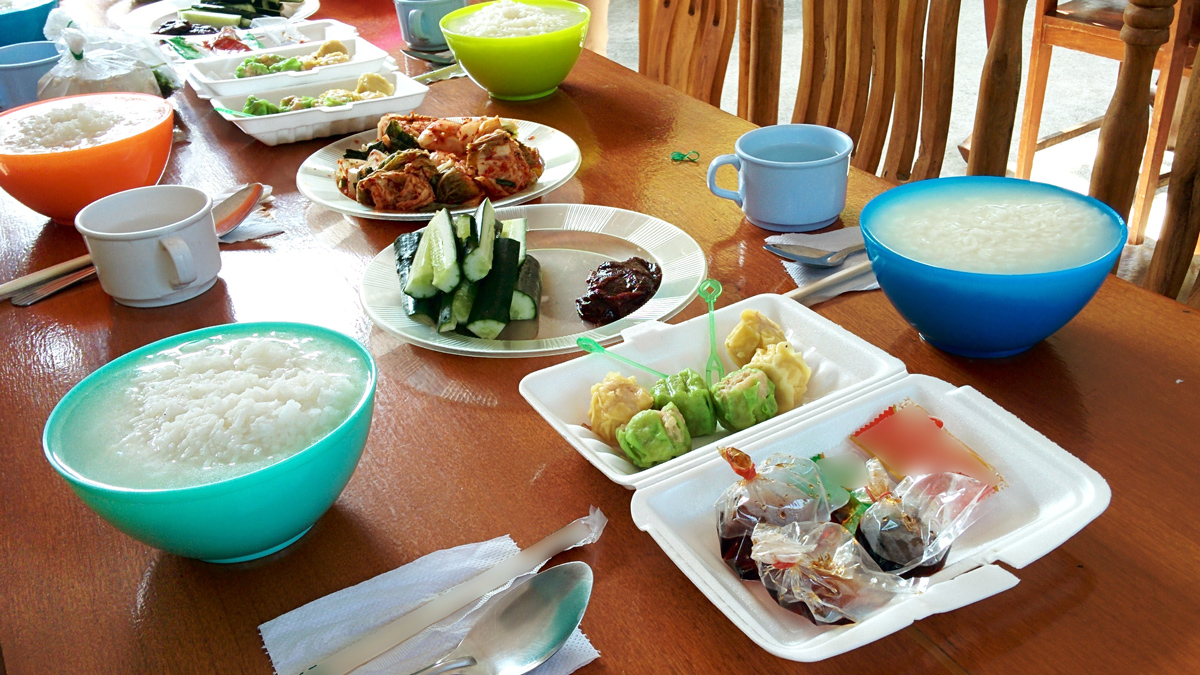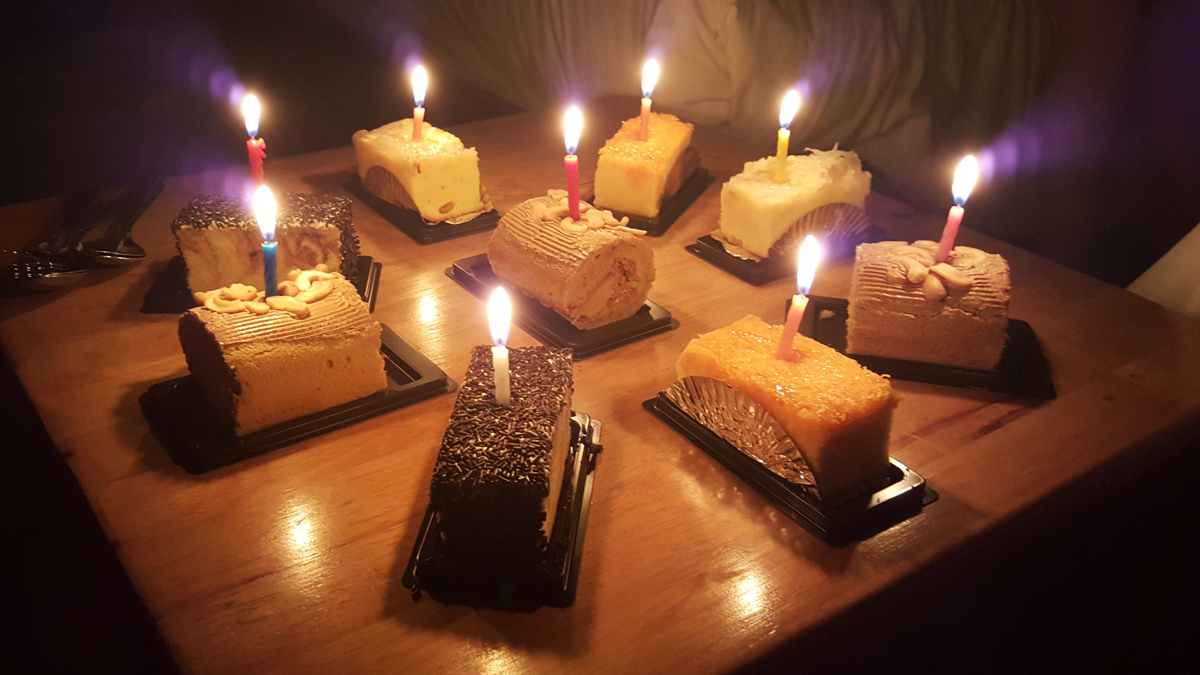Love and Dating ... in North Korea

This updated version of Love & Sex in North Korea was originally written by LiNK for Koreaboo.
According to historians who are really good at remembering when things happened in the olden days, sex and love existed before the Internet was even invented. Before 56K dial-up, phones, and even Tinder, humans found ways to interact completely offline and engage in sexual activity. In fact, biologists believe that the human proclivity for sex is universal and plays a major role in producing baby humans, thereby maintaining the human race’s existence. (Go humans!)
So could it be that in North Korea too, people have sex and fall in love and do romantic things with each other?
According to North Korean refugees that I’ve worked with, the answer is: Yes. North Koreans have sex too.

So, how do North Koreans do it?
First of all, the baseline to understand is that overall North Korean dating culture is pretty traditional and conservative. Think South Korea, but 50 years ago. One of the reasons for this is, well, North Korean society is quite conservative and patriarchal in general and North Korean media is super old-fashioned. In North Korean films you don’t see couples kissing or being physically affectionate with each other, so many North Koreans are just not used to PDA and wouldn’t dream of being too affectionate or kissing in public.
Nonetheless North Koreans do meet and date and fall in love like everywhere else. A lot of it starts in school (awww) and people also meet at dances or house parties. That’s right, when the parents are out of town young urban North Koreans will often invite a bunch of friends over and have a party. Once ‘the eyes have met’ the boy often has to do a lot of the pursuing. And guys, spare a thought for our brothers there: Only about 10% of North Koreans have a mobile phone. So for most, it has to be done the old fashioned way.
Either you have to pre-arrange to meet ‘10 trees away from the school gate at 7pm on Wednesday’ or you have to take the risk of going to their house. The danger, of course, is that you knock on the door and their mother answers, causing all that (traditional Asian) embarrassment. So a common trick is to knock and wait for someone to call out “Who is it?” If it’s the mother you say “I’ve come for Eun-kyung” (even though your girlfriend’s name is something else) and pretend you got the wrong house. If your girlfriend answers, then you can say, “It’s me! Come out!” Nicely done.

Finding a place to date isn’t so hard; people hang out in the park, or by the river, or around the market. But it’s when you need a bit more privacy that things get more difficult. The vast majority of young North Koreans live in their parents house until they get married (even more so than South Koreans) so there is no privacy at home. So when the relationship heats up, young couples will often go to the North Korean equivalent of a love motel, which is basically paying a middle-aged women to clear out of their own house for a few hours so the couple can get it on. A more risky space for a frisson might be a storage room with an unlocked door, or even a train toilet.
However, there’s a problem here...well, a few in fact. Sex education is almost non-existent in North Korea. And contraceptive pills and condoms can be hard to come by, too (you can’t just stop by the closest 24-hour convenience store). I have a friend who used to smuggle goods from China to sell in North Korea, and she says she saw a pregnancy test for the first time in 2007. She of course promptly smuggled some in to sell to North Korean women. This combination of factors unfortunately leads to a lot of unplanned pregnancies and risky abortions amongst unmarried women.
Like other aspects of North Korean culture, dating culture is not static. And as with other social changes, one of the major drivers is the influx of foreign media being smuggled in on DVDs and USB drives, and now even Micro-SD cards. In fact, one of the reasons South Korean dramas and films are so popular is because, in contrast to North Korean government-produced films, they show compelling human stories of love and relationships, and have addictive plotlines. If all you had access to was government propaganda your whole life and then suddenly you heard that your friends had access to this amazing new foreign stuff, you might risk watching it too.

In the first few viewings, these simple South Korean soaps can be revelatory: The PDA, the attitudes of the female characters, even the way they talk and dress. The love story in the Korean drama Winter Sonata, which is credited with starting the Korean Wave across Asia, is still remembered fondly by many North Korean refugees.
Similarly when My Sassy Girl was smuggled in many young women who watched it were driven to imitate not just Jeon Ji-hyun’s fashion and hairstyle, but also the confident and cool way in which her character treats her boyfriend. (And of course in the background of these films and dramas, North Korean viewers can’t help but notice that South Korea looks way richer than North Korea). These information changes are confounding economic changes in their effects on gender relations, as bottom-up marketization has raised the status of women as they play a key role in illegal and semi-legal entrepreneurial business activities.
Humans being humans, porn is also being smuggled into North Korea. And without getting too PG-13, it would be fair to assume that this also opens up and accelerates changes in behaviour between the sheets as well.
It’s worth noting that despite a big growth in flows of foreign media over the last 10 years it is still limited, and especially in the countryside and in the interior of the country away from the border with China, people have much less access (if at all). So there is huge regional variation in North Korea and dating culture will still be very traditional and conservative in the countryside, whilst changing rather quickly in Pyongyang and other major cities and border towns. In addition, young Pyongyangites also mostly have mobile phones now, meaning fewer nervous knocks on doors.

Because of the government’s ongoing restrictions on culture and extreme paranoia over foreign media, North Korea was late to the sexual revolution. But it is now happening, and it is no trivial matter. The emulation of dating culture learned through South Korean and other foreign media, particularly among young urban North Koreans, is contributing to increased sensitivity to foreign trends and a liberalization and modernization of culture and society from the bottom up. And in the long run, it’s this kind of social change that will help usher in a wider transformation and opening of North Korean society, to the benefit of the North Korean people and humanity as a whole.
--SOKEEL PARK - director of research and strategy
Women’s History Month: Honoring the Bravery of North Korean Women
By: Jennifer Kim
Jennifer* is Liberty in North Korea’s Field Manager. Over the years, she’s carefully stewarded our secret rescue routes and helped countless North Korean refugees reach safety and freedom.
Approximately 70% of North Korean defectors are women. Throughout their journey, they face unimaginable challenges, including human trafficking, confinement, and sexual violence.
For Women’s History Month this year, we asked Jennifer to share her experiences supporting North Korean women who have made the brave decision to escape, and bring light to the stories of real people behind the numbers and statistics.

A Transformative First Mission
When I first began this line of work, I was filled with both excitement and anxiety. “Will I be able to connect well with these people?” “Will the field be too dangerous?” Even in my position as a staff member, there were times when the situations we encountered felt riskier because I was a woman.
On my first mission, the group we brought to safety were all women. From their small requests, like asking for sanitary pads, to moments where they cautiously shared their harrowing experiences of human trafficking in China, I found that we could connect on a deeper level because I was also a woman. I realized my role wasn’t just to be a staff member, but to stand by these people as they needed me, as a fellow woman. From then on, the fear I had initially felt about this work transformed into conviction.
North Korean Women At the Forefront of Resistance and Survival
After meeting many North Korean women defectors, I’ve come to learn that there are unique challenges and experiences that only they face. Women in North Korea are not as restricted to job assignments as men, so they’re the ones actively engaged in informal economic activities. They’re running their own black-market businesses and trading smuggled goods, shifting economic power from the regime into the hands of the ordinary people.
Women also make up the majority of North Korean defectors at over 70%. In freedom, they’re leading advocacy efforts and raising awareness for this issue.
I've come to think that perhaps women in North Korean society were the first and most desperate to stand up in resistance.

At the same time, the reality is that women are more vulnerable to gender violence and crime. The moment they cross the North Korean border and set foot on Chinese soil, their precarious legal status and the fact that they are women become risk factors that can lead to human trafficking, sexual exploitation, and forced prostitution. If these dangerous situations lead to pregnancy and childbirth, women often remain in China for years, even decades, weighed down by the conflicting emotions of their longing for freedom and their maternal instincts.
All of the women I met during my first rescue mission were survivors of being trafficked into forced marriages. While there are some cases where these women meet kind families and live in a relatively less dangerous environment, most have to endure difficult lives. One woman who we rescued in 2024 said that in the early stages of her life in China, she was confined and tied up in a single room by the man who bought her. Others had to do forced labor in one of China’s many factories.
Not a News Story, But a Person’s Story
About ten years ago, I watched a video of a woman my age testifying about the hardships and sexual violence she experienced during her defection from North Korea. As a South Korean, I couldn't believe that such things were happening just across the border. Shocked and ashamed of my indifference, I cried for a long time, then resolved to do something.
North Korea used to be something I only saw and heard about through a TV screen. Now those distant news stories have become the personal experiences of the North Korean mothers and friends I’ve met in the field.
At first, I simply wanted to help as best I could. But as time went on and I met more North Koreans, my perspective gradually changed. Now, I feel like I'm not so much ‘helping’ as I am meeting incredible superwomen who have overcome tremendous adversity.
My role is to constantly remind them of their resilience and potential, so they don't forget it themselves.

“This is My First Time Being Treated Like a Queen”
After a successful mission, our team ensures our newly arrived North Korean friends have a proper meal, get some rest, and receive basic necessities. On one occasion, one woman told me, “This is the first time in my life that I have been treated like a queen.”
She had just reached freedom after ten years in a forced marriage to a Chinese man. Her words resonated with me deeply. I realized once again that our work isn't simply about helping people achieve physical freedom; it's about restoring a person's forgotten dignity.
That woman has since resettled in South Korea and runs a small shop. She’s continued to stay in contact with LiNK, sharing updates about her life. One day, she shyly announced her marriage. She’s starting a new chapter with a person she chose and wanted.

Walking Together In Solidarity
Through the friendships I’ve made and stories I’ve witnessed in the field, my connection to this issue has deepened over time. These women aren’t just “nameless” North Koreans, but people like us, living their daily lives; someone’s daughter, sister, or mother. I didn’t set out to do this work for over a decade. But day by day, hearing each story, meeting each person, and holding their hands has naturally led me down this path.
Listen to their stories, and I believe that you too will encounter a heart for the North Korean people.
– Jennifer Kim, LiNK Field Manager
*Jennifer is a pseudonym used to protect our field manager’s identity and avoid compromising this work.

Help North Koreans Win Their Freedom
From inside the country to on the global stage, North Korean women are driving change on this issue. Driven by necessity, desire to care for their loved ones, and aspirations to forge their own path in this world, their pursuit of freedom is both intentional and instinctive.
Liberty in North Korea doesn't just extend a helping hand to North Korean refugees—we’re cultivating the next generation of North Korean leaders, entrepreneurs, and advocates, and doing this work alongside them.
Become a monthly donor today at $20 per month to help more North Koreans reach safety and gain full authorship of their lives in freedom.




